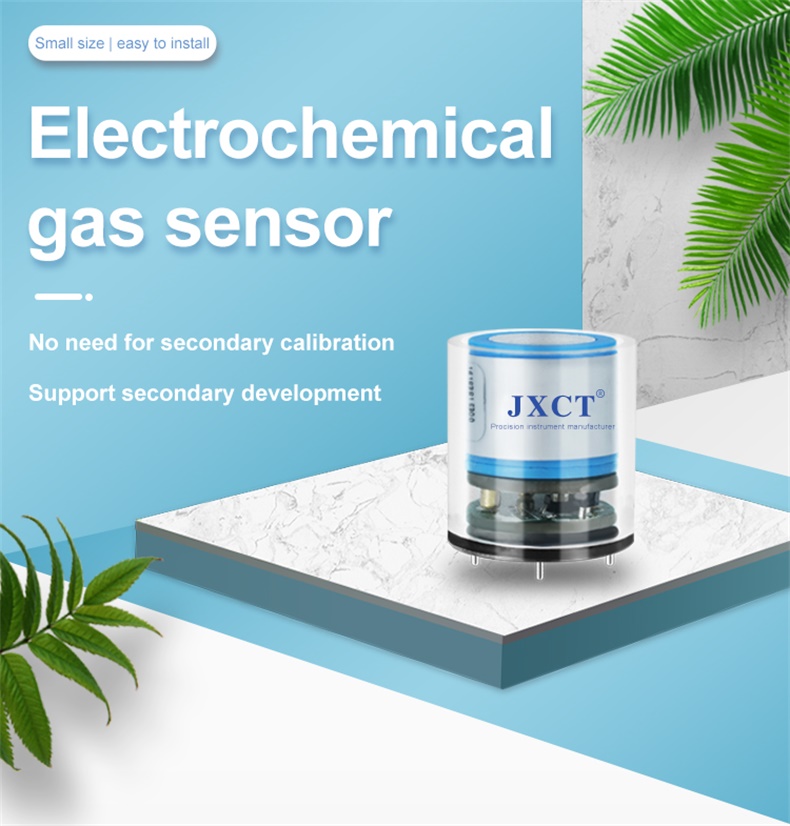Gas leaks pose a significant threat to the safety of our homes, workplaces, and the environment. They can lead to fires, explosions, health risks, and environmental pollution. Timely detection and prevention of gas leaks are crucial to mitigating these hazards. One technology that plays a pivotal role in this domain is gas sensors. Gas sensors are essential devices designed to detect the presence of various gases in the surrounding environment accurately. In this article, we will explore the significant role that gas sensors play in detecting and preventing gas leaks.
Gas Sensor Technology Overview:
Gas sensors are electronic devices that detect and measure the concentration of specific gases in the air. They operate based on different principles such as catalytic, electrochemical, infrared, and semiconductor technologies. Each type of gas sensor has its strengths and applications, depending on the target gases and environmental conditions.
Detection of Gas Leaks:
Gas sensors act as early warning systems, capable of detecting even minute levels of gas leakage. They continuously monitor the air quality and provide real-time feedback. When gas concentrations exceed pre-set thresholds, gas sensors generate alarms or trigger automatic shut-off systems, preventing further escalation of the situation. These sensors play a crucial role in detecting gas leaks in industrial settings, residences, and public spaces.
Types of Gases Detected:
Gas sensors can detect a wide range of gases, including but not limited to methane, carbon monoxide (CO), hydrogen sulfide (H2S), ammonia (NH3), propane, and volatile organic compounds (VOCs). This versatility enables them to address various safety concerns associated with different industries, such as manufacturing, petrochemicals, mining, and residential gas installations.
Importance in Industrial Settings:
Gas leaks in industrial settings can have catastrophic consequences, endangering human lives and causing significant property damage. Gas sensors are extensively used in industries to monitor gas leaks, detect malfunctioning equipment, and ensure the safety of workers. They play a vital role in preventing accidents, minimizing downtime, and complying with safety regulations and standards.
Applications in Residential and Commercial Buildings:
In residential and commercial buildings, gas sensors are installed to detect gas leaks from sources such as natural gas pipelines, propane tanks, and heating systems. These sensors provide an extra layer of protection for occupants by raising alarms when gas concentrations surpass safe levels. Rapid response to gas leaks helps prevent fires, explosions, and potential health risks caused by prolonged exposure to hazardous gases.
Environmental Protection:
Gas leaks not only pose risks to human safety but also contribute to environmental pollution. For instance, methane is a potent greenhouse gas that significantly contributes to climate change. Gas sensors enable efficient monitoring and leak detection in industries that deal with methane emissions, such as oil and gas operations. By promptly identifying and addressing leaks, gas sensors help reduce the environmental impact of these industries.
Integration with Smart Systems:
Advancements in technology have led to the integration of gas sensors with smart systems and IoT (Internet of Things) platforms. This integration enables remote monitoring, data analysis, and quick responses to gas leak situations. Smart gas sensor networks provide comprehensive coverage, centralized management, and enhanced capabilities for detecting and preventing gas leaks effectively.
Regular Maintenance and Calibration:
To ensure accurate and reliable detection, gas sensors require regular maintenance, calibration, and periodic replacement. Proper maintenance procedures involve checking sensor functionality, cleaning, adjusting sensitivity, and verifying calibration with reference gases. Routine maintenance ensures that gas sensors perform optimally and continue to provide accurate readings over time.
Conclusion:
Gas sensors play a pivotal role in detecting and preventing gas leaks, contributing to improved safety in industrial, residential, and commercial settings. These devices provide early warning systems, enabling prompt action to mitigate the hazards associated with gas leaks. By continuously monitoring air quality, gas sensors help protect lives, prevent property damage, and minimize environmental impact. As technology advances, gas sensors will continue to evolve and play an increasingly significant role in ensuring safety and enhancing our quality of life.
 : +86 155 8830 2704
: +86 155 8830 2704 : jxdziot@gmail.com
: jxdziot@gmail.com
